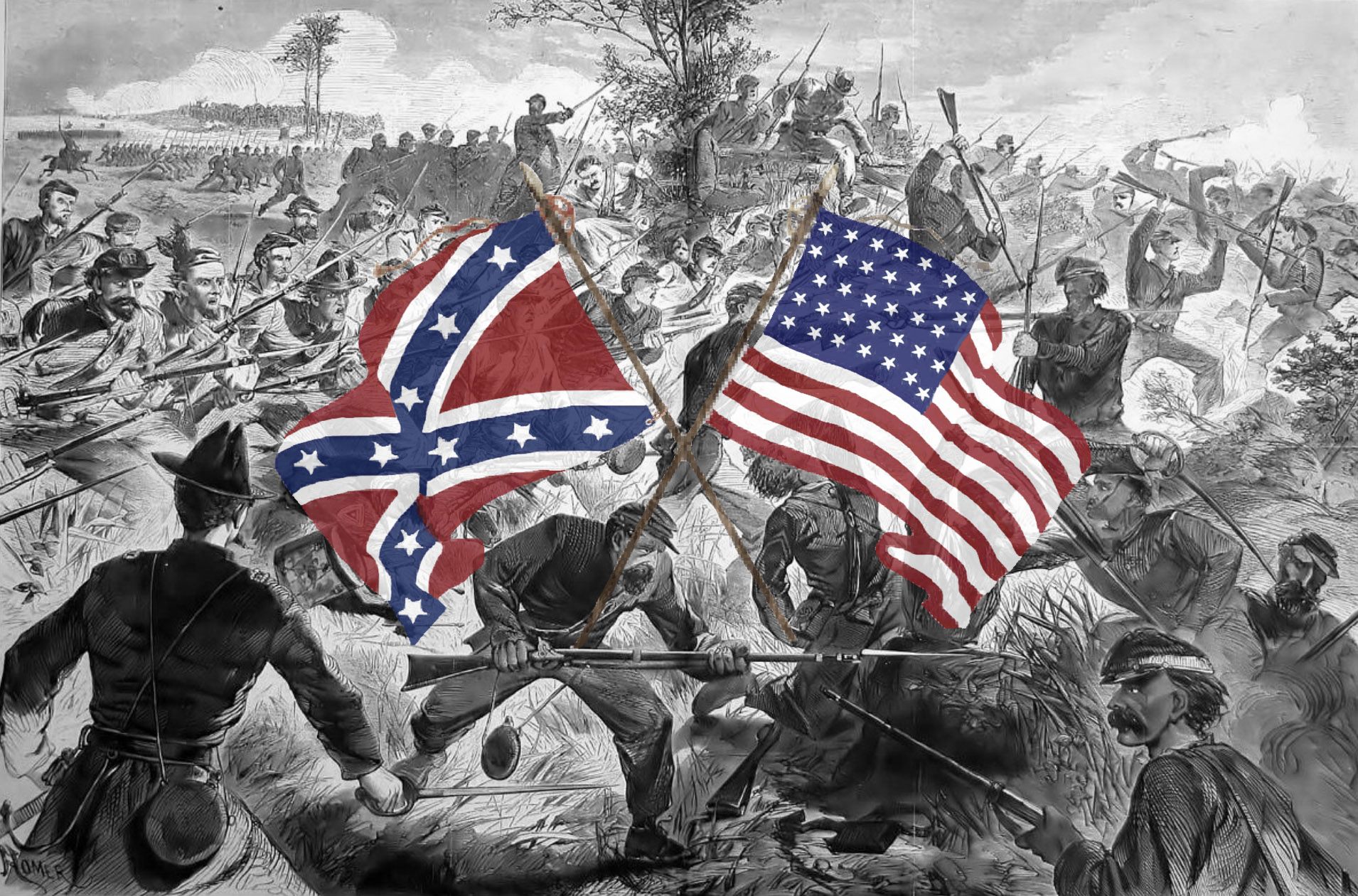It’s just a shot away

Steven Lubet has a bracing column for your Monday morning, about various things that could well happen in the wake of the Supreme Court’s decision in Trump v. Anderson:
Trump v. Anderson formally involves only the Colorado case. It would therefore be possible for the Supreme Court to rule for Trump on a narrow ground — such as the sufficiency of the specific evidence before the Colorado court — while leaving the broader legal issues undecided. In that situation, other states could well issue inconsistent decisions, based on additional evidence, regarding Trump’s ultimate eligibility for the presidency.
Trump being Trump, yet more chaos would likely follow if he loses, with the Supreme Court keeping him off the Colorado ballot. A finding of Trump’s ineligibility, especially if it seems hedged or just slightly equivocal, would not automatically remove him from the ballot in the red states. That would require local compliance. Republicans, however, currently control the election machinery in 27 states.
Thus, it is entirely likely that Trump’s name would still appear on the election ballots in most or all of those states, no matter what the Supreme Court says, conceivably leading to a purported majority of electoral votes. Would Vice President Kamala Harris count such electoral votes, officially certified by their state governments, even if they’re contrary to a Supreme Court decision?
Good times!
Relatedly, here’s an interesting to me at least example of the psychology of rationalization. When I posted a few days ago about teaching Trump v. Anderson in my Criminal Punishment seminar, I asserted that there could be no reasonable empirical dispute about two facts: that Biden won the 2020 election, and that Trump tried subsequently to overthrow the lawful government of the United States via a self-coup/autogolpe, aka, an insurrection.
That post generated hundreds of comments, not one of which disputed this characterization of the facts of the case.
But when I wrote a couple of days later about the possibility that the SCOTUS might conceivably disqualify Trump, given that there could be no question that he engaged in insurrection after having taken an oath to support the Constitution (these are the two necessary conditions for disqualification under the 14th amendment), there were some comments about how you couldn’t really say for sure that Trump had engaged in insurrection, because after all the term isn’t defined in the Constitution and aren’t there a lot of gray areas as to what constitutes an insurrection etc? Well yes there are a lot of potential gray areas in regard to the meaning of that term, but “trying to overthrow the government” isn’t anywhere close to any gray area! It’s the absolute core meaning of the word.
I think what’s going on here is that, when considered in the abstract, the fact that Trump tried to overthrow the government isn’t in any question to anyone outside the Trump cult. But when considered in the very concrete circumstance of considering whether the Supreme Court would actually throw Trump off the ballot, a lot of people outside the cult will spit the bit, because it’s just so frightening to consider what such a decision would trigger (And it is really frightening — I’m not being snarky or facetious about that).
My mommy always said there are no monsters — no real ones — but there are.
Yes there are aren’t there?
Why do they tell little kids that?
Most of the time it’s true.


